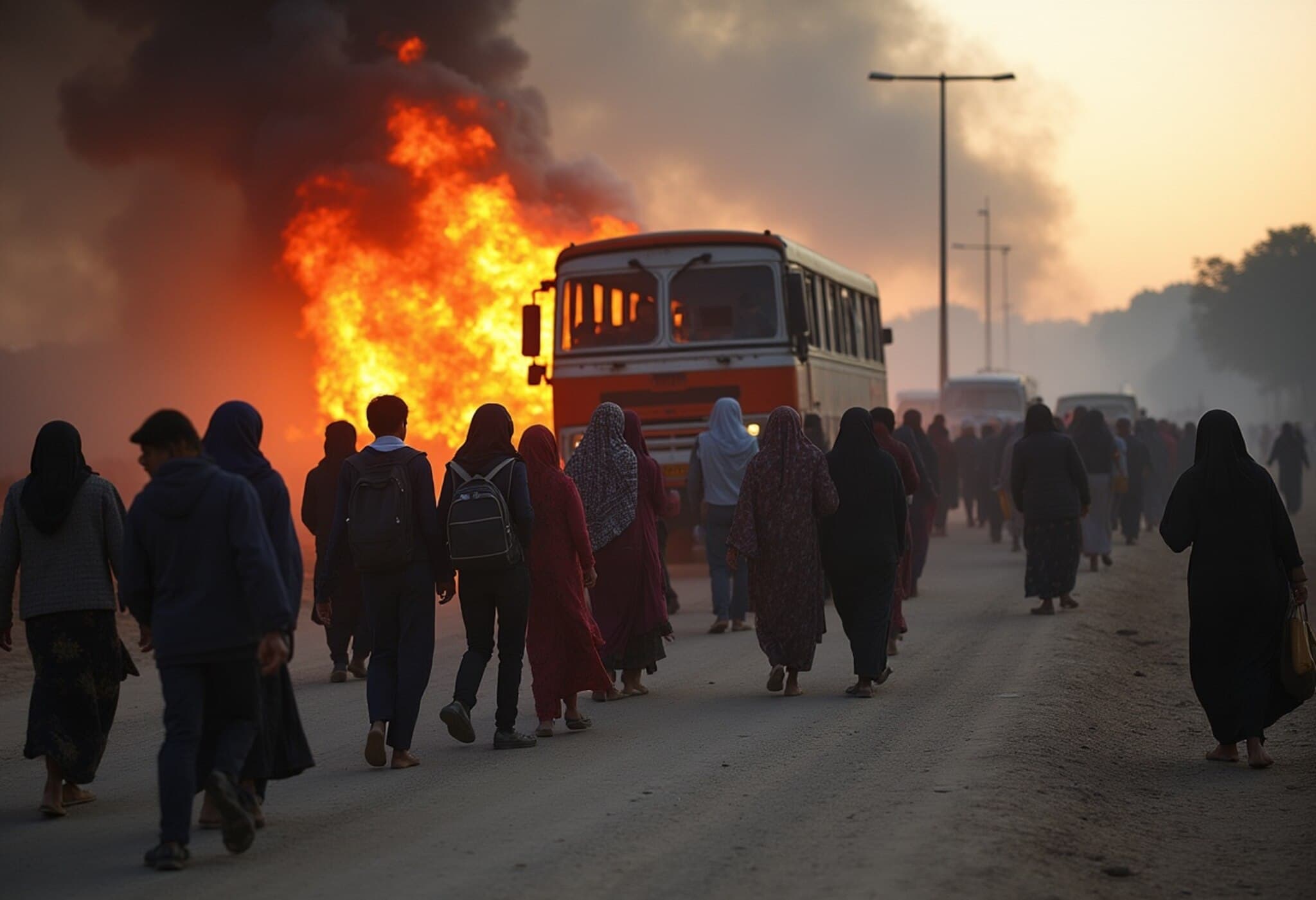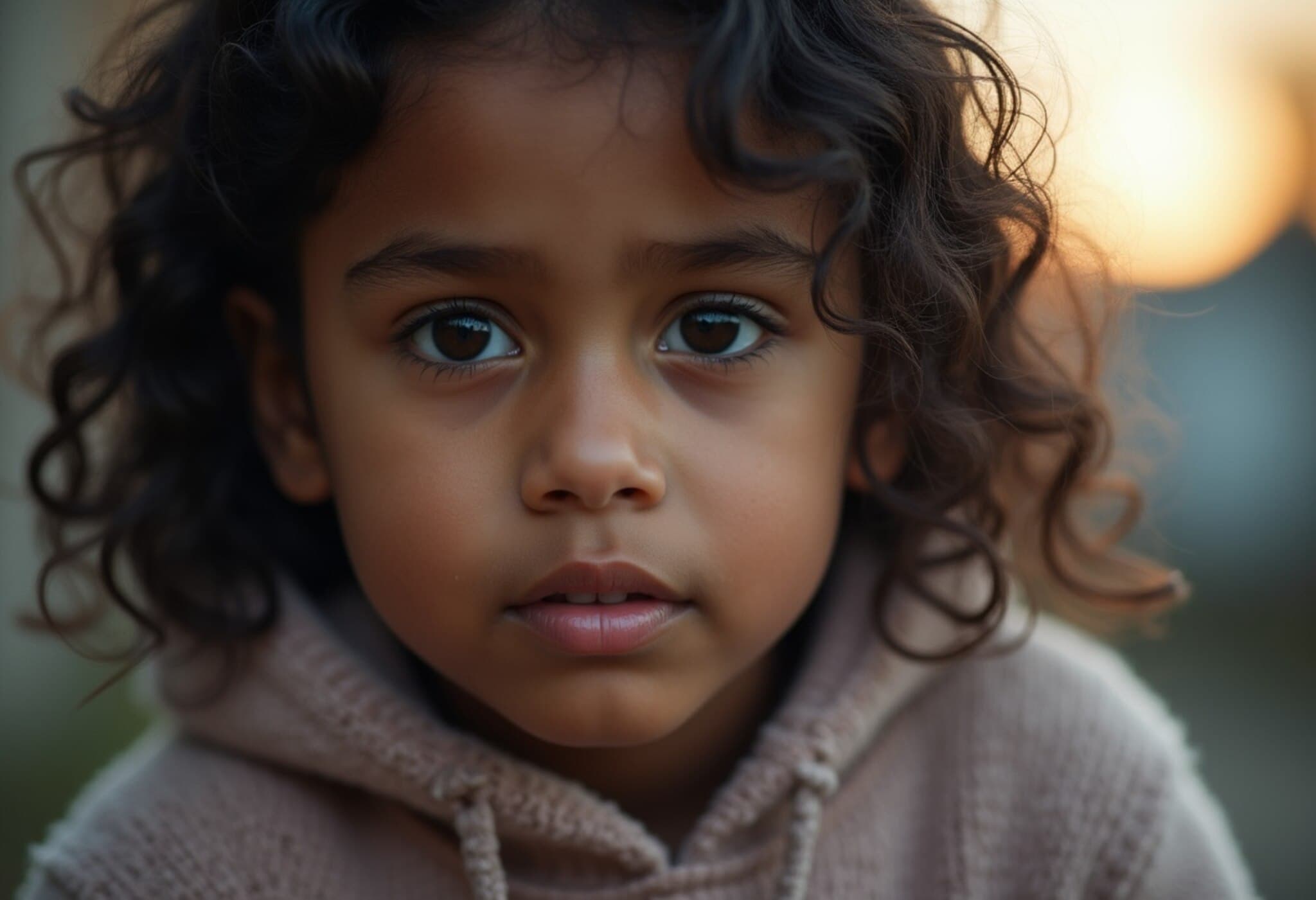UK Implements Clear Definition to Address ‘Honour’-Based Abuse
The British government has taken a decisive step to tackle the deeply troubling issue of ‘honour’-based abuse by introducing a clear and focused legal definition of the term. This move is part of a broader initiative chiefly affecting South and West Asian immigrant communities, where such abuses disproportionately target women and girls.
Understanding ‘Honour’-Based Abuse
‘Honour’-based abuse refers to a spectrum of harmful behaviors carried out to defend or restore the perceived honour of a family or community. These acts can include harassment, psychological intimidation, coercion, physical assault, sexual violence, kidnapping, and even murder. While often hidden behind closed doors, the damage caused by these crimes can be irreversible.
Currently, the Crown Prosecution Service defines honour-based abuse as any incident involving violence, threats, or abuse (physical, psychological, sexual, financial, or emotional) committed to protect or defend familial or communal honour, usually following a perceived breach of cultural or social codes.
Policy Measures and Community Engagement
British Home Secretary Yvette Cooper highlighted the importance of these new measures within the Labour government’s ambitious goal to halve violence against women and girls over the next decade. She emphasized that for too long, these crimes have been misunderstood, resulting in inadequate support for victims.
Cooper stated, “There is no honour in these devastating crimes. Our updated definition and training programs are vital to identify abuse early and provide the support victims deserve.”
To ensure a well-rounded approach, training programs targeting police officers, teachers, social workers, and healthcare professionals are being rolled out to enhance awareness and detection of signs of honour-based abuse. Additionally, public awareness campaigns seek to empower victims to come forward without fear of stigma or reprisal.
The Harrowing Reality: Data and Impact
According to the British Home Office, in the year spanning March 2023 to March 2024, police in England and Wales recorded 2,755 cases of honour-based abuse. While the dataset for Scotland and Northern Ireland is not yet publicly available, these figures highlight the urgency of concerted government and community efforts.
- Types of reported abuse range from coercive control and psychological manipulation to sexual violence and fatal assaults.
- Victims are predominantly female and often silenced by cultural taboos and fear of repercussions within tight-knit communities.
Expert Insights and Underreported Challenges
Experts in domestic violence stress that honour-based abuse requires culturally sensitive yet uncompromising interventions. The stigma around reporting these crimes often means victims face isolation rather than support.
In the United States and UK alike, law enforcement agencies face the challenge of navigating cultural boundaries without reinforcing stereotypes or alienating entire communities. Therefore, collaboration with community leaders and culturally fluent social workers is crucial to dismantling the cycle of silence.
Moreover, the initiative raises broader questions:
- How can laws and policies balance cultural respect with the imperative to protect human rights?
- What additional resources are needed to support victims long-term beyond immediate interventions?
- How can education systems incorporate awareness of such abuses without fostering stigma?
Looking Ahead: A Societal Responsibility
The UK’s new definition and related measures represent more than legal refinements—they mark a critical step towards recognizing and validating victims’ experiences that were often marginalized. By equipping frontline workers with better tools and encouraging open dialogue, the government hopes to shine a light on a shadowy abuse culture.
As these policies take shape, continued vigilance, community engagement, and sustained support mechanisms will be essential to reduce honour-based abuse and uphold the dignity and safety of vulnerable women and girls.
Editor’s Note
While defining 'honour'-based abuse legally is necessary, it is just the beginning. True progress demands ongoing cultural conversations and systemic reforms that create safe spaces for victims. This effort also prompts vital reflection on how immigration, integration, and gender norms intersect in shaping abuse patterns. For policymakers, activists, and community leaders alike, these new definitions should serve as a foundation for empathy-driven, justice-oriented solutions.











